Filter by

Adjusted Margin: Xerography, Art, and Activism in the Late Twentieth Century
How xerography became a creative medium and political tool, arming artists and activists on the margins with an accessible means of making their messages public. This is the story of how the xerographic copier, or "Xerox machine," became a creative medium for artists and activists during the last few decades of the twentieth century. Paper jams, mangled pages, and even fires made early versions…
- Edition
- -
- ISBN/ISSN
- 9780262334334
- Collation
- 1 online resource (xiii, 201 pages)
- Series Title
- -
- Call Number
- -
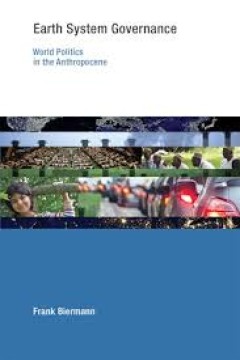
Earth System Governance: World Politics in the Anthropocene
In an era of planet-wide transformation, we need a new model for planet-wide environmental politics. This book proposes 'earth system' governance as just such a new paradigm. It offers both analytical and normative perspectives. It provides detailed analysis of global environmental politics in terms of five dimensions of effective governance: agency, particularly agency beyond that of state act…
- Edition
- -
- ISBN/ISSN
- 9780262322928
- Collation
- 1 online resource.
- Series Title
- -
- Call Number
- -
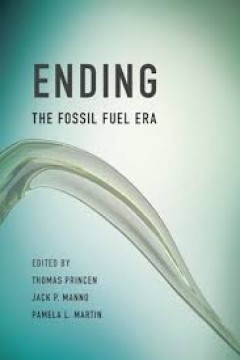
Ending the fossil fuel era
Not so long ago, people North and South had little reason to believe that wealth from oil, gas, and coal brought anything but great prosperity. But the presumption of net benefits from fossil fuels is eroding as widening circles of people rich and poor experience the downside. A positive transition to a post-fossil fuel era cannot wait for global agreement, a swap-in of renewables, a miracle te…
- Edition
- -
- ISBN/ISSN
- 9780262327077
- Collation
- 1 online resource (xii, 374 pages) :illustrations
- Series Title
- -
- Call Number
- -
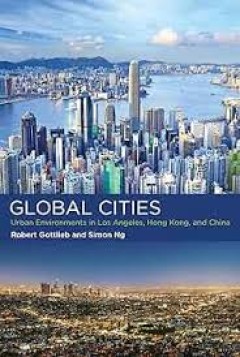
Global Cities: Urban Environments in Los Angeles, Hong Kong, and China
Over the past four decades, Los Angeles, Hong Kong, and key urban regions of China have emerged as global cities - in financial, political, cultural, environmental, and demographic terms. In this book, Robert Gottlieb and Simon Ng trace the global emergence of these urban areas and compare their responses to a set of six urban environmental issues. These cities have different patterns of develo…
- Edition
- -
- ISBN/ISSN
- 9780262338868
- Collation
- 1 online resource (xviii, 447 pages) :illustrations, maps.
- Series Title
- -
- Call Number
- -

Quality in Higher Education; Developing a Virtue of Professional Practice
Diskusi mengenai kualitas pendidikan tinggi mempunyai banyak segi dan seringkali menimbulkan perdebatan, mencerminkan kompleksitas dan interpretasi yang beragam. Kualitas memang dapat mencakup berbagai dimensi, seperti efektivitas pengajaran di universitas, pengalaman belajar mahasiswa, dampak penelitian, praktik pengawasan, mekanisme dukungan kelembagaan, dan kepatuhan terhadap standar pendidi…
- Edition
- -
- ISBN/ISSN
- 978-94-6300-666-8
- Collation
- -
- Series Title
- -
- Call Number
- 378.106 CHE q
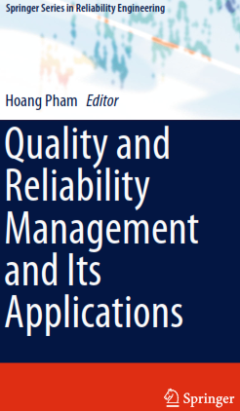
Quality and Reliability Management and Its Applications
Sebagian besar produk yang mempengaruhi kehidupan kita sehari-hari menjadi lebih kompleks. Manajemen Kualitas dan Keandalan—yang mengintegrasikan proses, kebijakan, dan prediksi keandalan dari awal siklus hidup pengembangan produk untuk memastikan kinerja dan keamanan produk tingkat tinggi—membantu perusahaan mengatasi tantangan sistem yang semakin kompleks dan proses yang tersebar luas sec…
- Edition
- -
- ISBN/ISSN
- 978-1-4471-6778-5
- Collation
- -
- Series Title
- Reliability Engineering
- Call Number
- 658.4012 PHA q
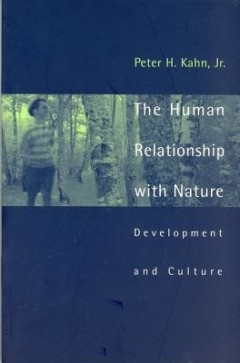
The human relationship with nature : development and culture
Urgent environmental problems call for vigorous research and theory on how humans develop a relationship with nature. In a series of original research projects, Peter Kahn answers this call. For the past eight years, Kahn has studied children, young adults, and parents in diverse geographical locations, ranging from an economically impoverished black community in Houston to a remote village in …
- Edition
- -
- ISBN/ISSN
- 9780585076522
- Collation
- 1 online resource (xiv, 281 pages)
- Series Title
- -
- Call Number
- 306 KAH h
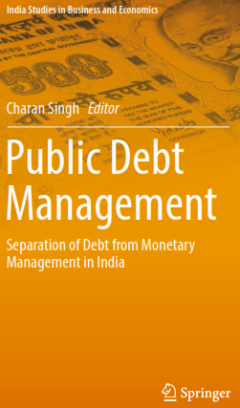
Public Debt Management; Separation of Debt from Monetary Management in India
Pengelolaan utang telah menjadi perhatian penting bagi India selama lebih dari lima dekade, dengan fokus khusus pada utang dalam negeri sejak tahun 1971. Dalam beberapa tahun terakhir, terutama setelah krisis keuangan global dan meningkatnya rasio utang di seluruh dunia, pentingnya pengelolaan utang yang efektif semakin meningkat. Tujuan utama pengelolaan utang adalah meminimalkan biaya pinjama…
- Edition
- -
- ISBN/ISSN
- 978-81-322-3649-8
- Collation
- -
- Series Title
- India Studies in Business and Economics
- Call Number
- 336.343 SIN p
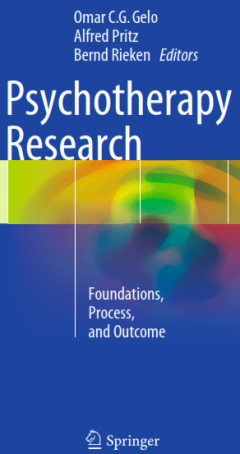
Psychotherapy Research; Foundations, Process, and Outcome
Buku ini memiliki sejarah panjang yang dapat ditelusuri kembali ke tahun 2008, ketika kami— Omar C.G. Gelo, Alfred Pritz, dan Bernd Rieken—bertemu di Wina. Omar C.G Gelo baru saja menyelesaikan pengalamannya di Universitas Ulm, di mana ia memperoleh gelar PhD dalam penelitian psikoterapi di bawah pengawasan Erhard Mergenthaler dan kemudian ia diperkenalkan ke Society of Psychotherapy Resear…
- Edition
- -
- ISBN/ISSN
- 978-3-7091-1382-0
- Collation
- -
- Series Title
- -
- Call Number
- 362.2042 GEL p
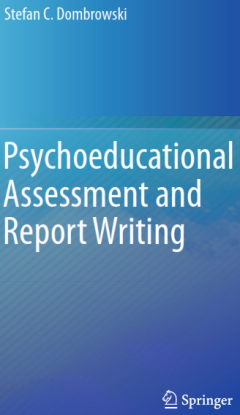
Psychoeducational Assessment and Report Writing
Ikhtisar Buku: Panduan Asesmen Psikoedukasi dan Penulisan Laporan; Buku ini dirancang untuk membantu mahasiswa pascasarjana di sekolah dan psikologi anak klinis dalam memperoleh pengetahuan dan keterampilan yang diperlukan untuk mengevaluasi siswa K-12 dan menulis laporan penilaian psikoedukasi yang efektif. Laporan-laporan ini sebagian besar dilakukan oleh psikolog di lingkungan sekolah dan me…
- Edition
- -
- ISBN/ISSN
- 978-1-4939-1911-6
- Collation
- -
- Series Title
- -
- Call Number
- 370.15 DOM p
 Computer Science, Information & General Works
Computer Science, Information & General Works  Philosophy & Psychology
Philosophy & Psychology  Religion
Religion  Social Sciences
Social Sciences  Language
Language  Pure Science
Pure Science  Applied Sciences
Applied Sciences  Art & Recreation
Art & Recreation  Literature
Literature  History & Geography
History & Geography